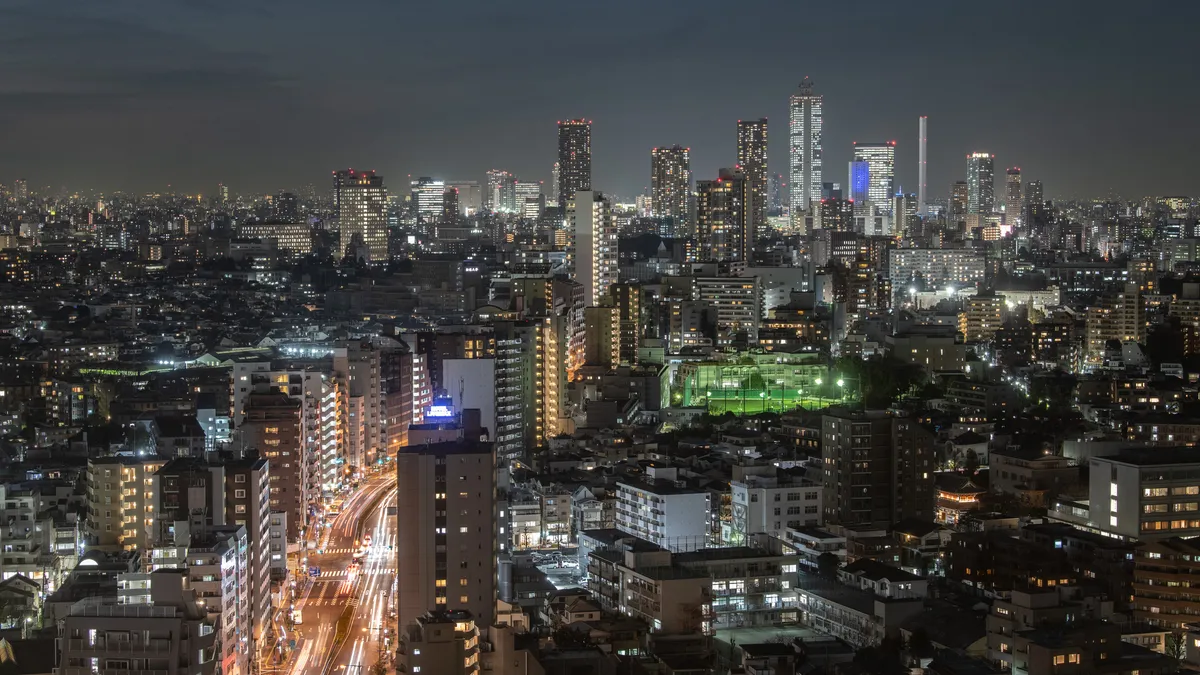Dive Brief:
- One of the largest megaprojects in the world, a magnetic levitation train set to run through central Japan, has run into objections and obstacles from local authorities along the planned route, Nikkei Asia reported.
- Shizuoka Prefecture has refused the approval of tunnel work in Japan's Southern Alps, saying that construction on the $64 billion Chuo Shinkansen project could be damaging to local water resources.
- In addition, Central Japan Railway, also known as JR Tokai, announced in April that the total cost of the project is expected to rise by 1.5 trillion yen ($13.7 billion) due to construction challenges.
Dive Insight:
The project would connect the Shinagawa business district in Tokyo with the manufacturing and shipping hub of Nagoya, traveling a distance of roughly 178 miles in about 40 minutes, via frictionless maglev technology.
Although Mamoru Uno, JR Tokai's executive vice president, indicated that discussions were heading toward an agreement, Takashi Namba, vice governor of Shizuoka, disagreed. Namba expressed doubts over the most recent draft interim report, saying the project would not move forward as written Nikkei Asia reported.
A panel of experts was established in April 2020 to investigate the environmental impact of the tunnel's construction. The report, presented by the group, assessed low risks, and said the project would have a small impact on underground water in the river’s basins. The Shizouka government, however, was dissatisfied with the report and claimed the work was "insufficient and hasty."
Part of why the project's cost has surged is due to the cost of constructing the stations along the line, which was higher than first expected and included expensive earthquake mitigation measures. The original schedule to open the line by 2027 seems unlikely, especially due to the delay in Shizouka, according to Nikkei Asia.
Public and private groups have floated concepts for a maglev train in the U.S. In January, the Federal Railroad Administration released a preliminary study into a potential Baltimore-Washington, D.C. route, which could potentially connect the cities in eight to 15 minutes. Pending federal approval of the project — which would require funding between $13.8 billion and $16.8 billion — construction could finish within the decade. Should the project succeed, the next step would connect Washington to New York City.














